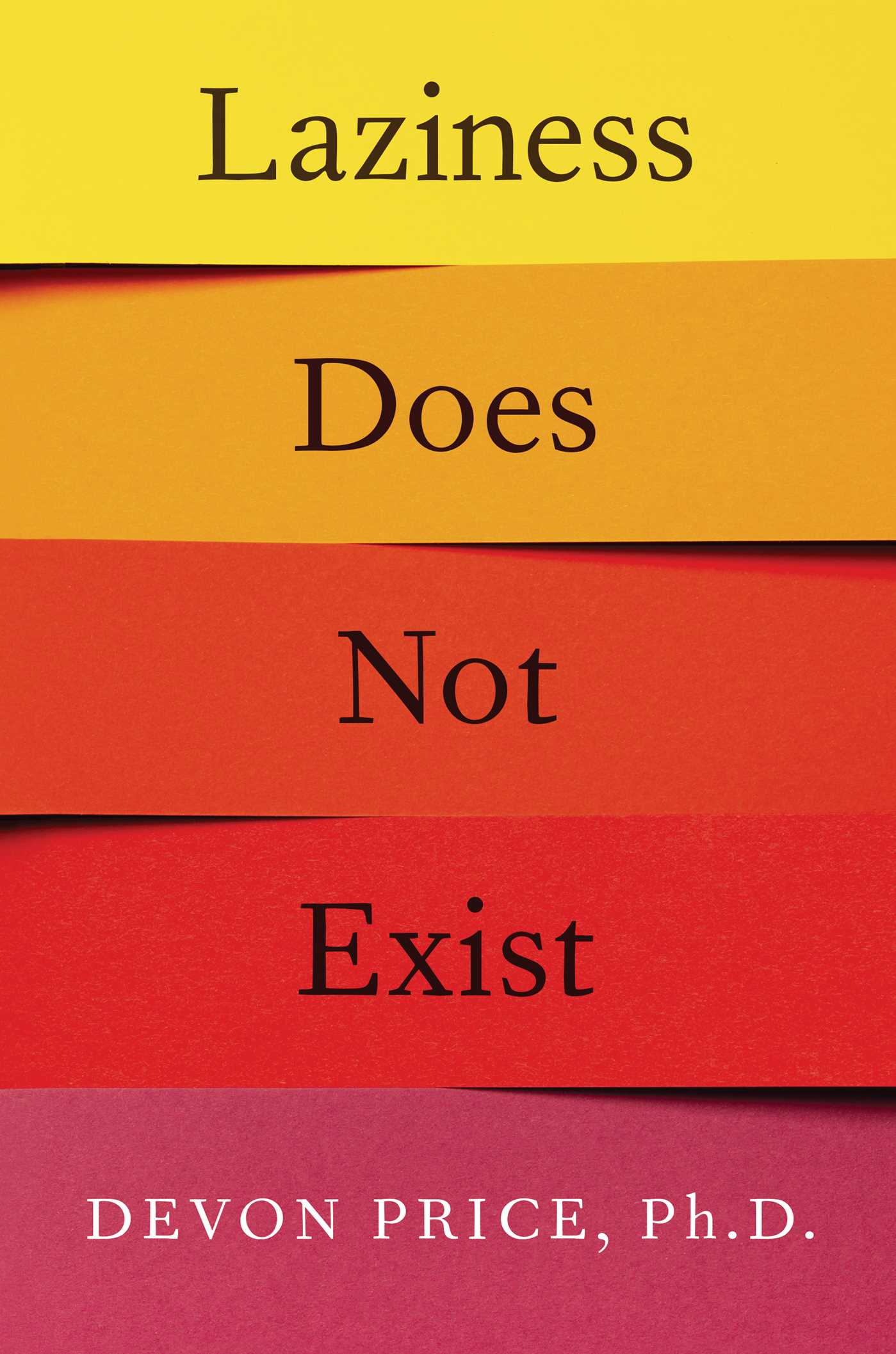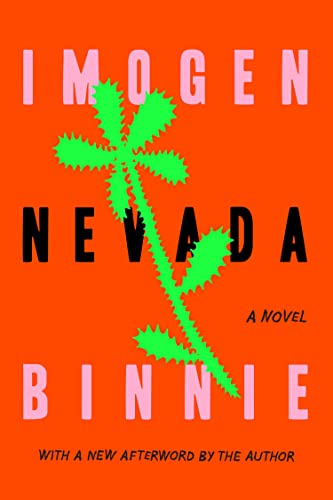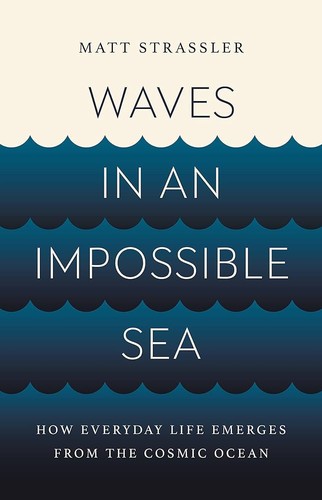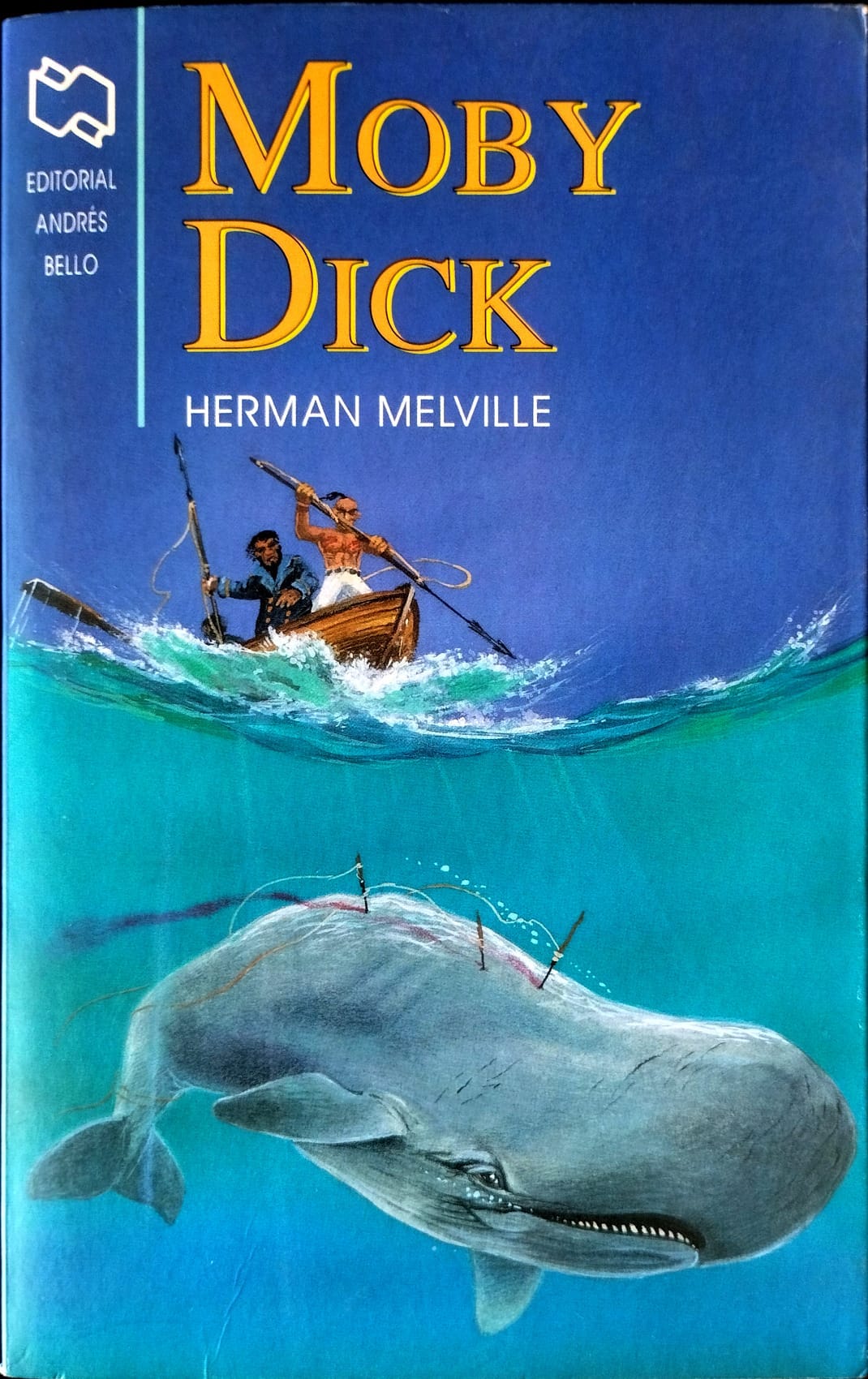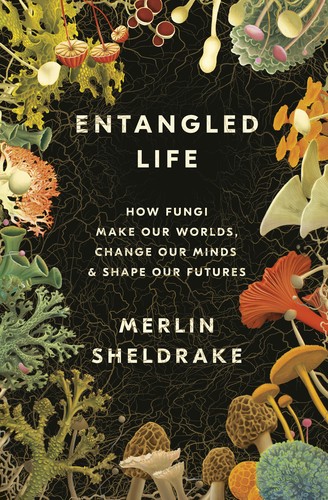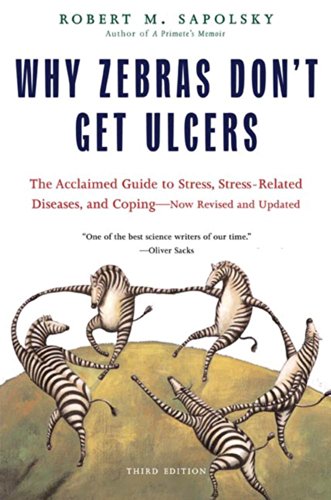Tillage results in two self-perpetuating cycles: it burns up soil OM necessitating the addition of more, and it stirs up weed seeds, necessitating yet more tillage to kill the weeds. Conventional farming “solves” these two problems in a manner that is not sustainable. For depletion of organic matter, it treats the soil as a substrate for holding plants and disregards the depletion of OM. For weeds, it has herbicides.
There's a lot of information available for free on the Internet, but now that I've been growing food on a (very) small surface for a few years, I realize I often understood the general idea but didn't get some details that actually make this or that technique work. For instance I understood why it was important not to till, but sometimes I sowed seeds on a soil that was still too hard and could have been slightly loosened on its first centimeters and fertilized (the seeds obviously didn't grow).
I'm still at the beginning of this book but I'm glad the author aims to talk about different versions of no-till, which may or may not be adapted to the reader's situation or specific culture, goes into details, and then interviews several farmers who successfully applied these no-till techniques.

